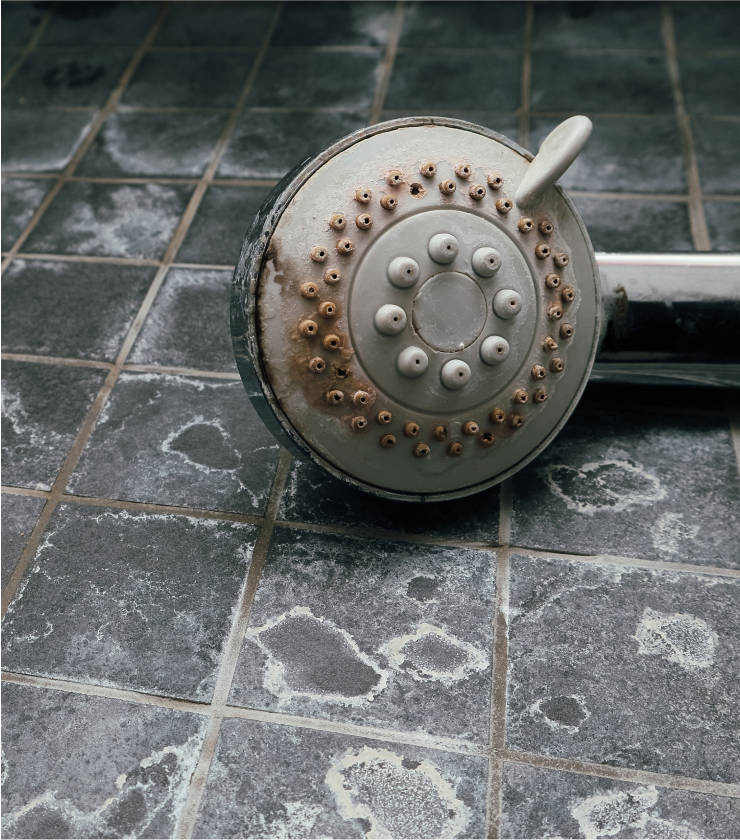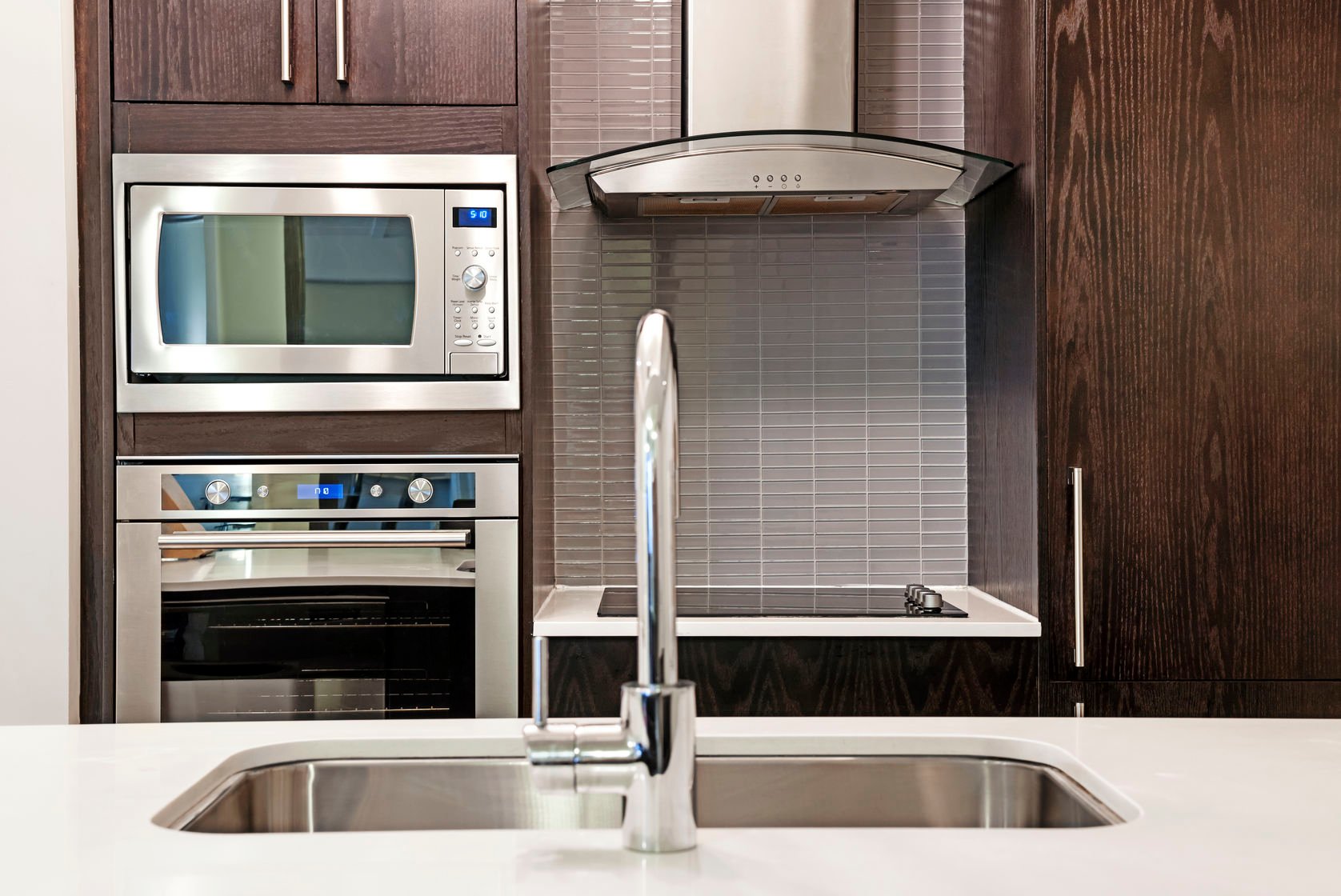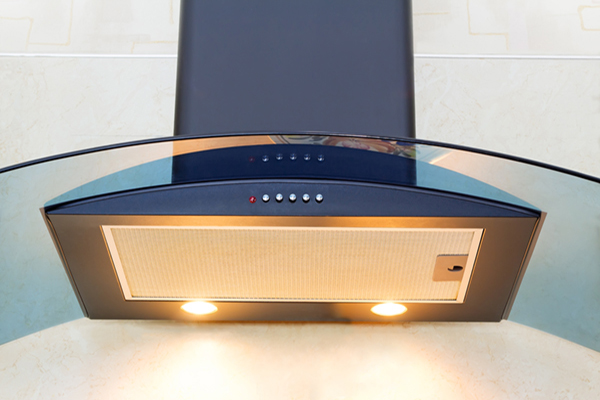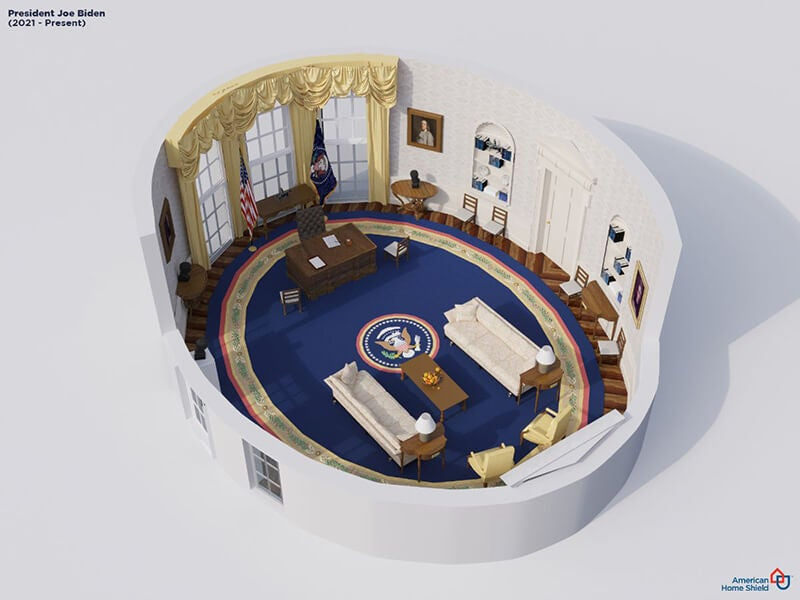The Ultimate Hard Water Solution
A water softener is the best way to combat these hard water problems. In simplest terms, a water softener is a whole-house water treatment system that removes the heavy minerals from your water before it enters your pipes and appliances.
How Does A Water Softener Work?
While there are many different types of water softeners available on the market, they all follow the same general principle: Hard water enters the system, minerals like calcium and magnesium are stripped away, and the soft water is pumped into your home.
Some of the most popular systems on the market include:
- Ion Exchange - In an ion exchange system, a resin bed consisting of thousands of tiny resin beads exchanges ions with calcium and magnesium, removing them from the water. In many cases, these ion exchange systems also require an occasional sodium chloride brine to recharge the resins.
- Salt-Free - A salt-free system changes the chemical makeup of the minerals passing through, preventing buildup in your system. These are typically a more environmentally friendly solution.
- Dual Tank - In a dual tank system, you can have access to soft water 24/7, as one tank is constantly regenerating in an ion exchange system.
- Citrus Based - A citrus water softener uses the same properties of citric acid. Instead of using ions to remove hard elements, citrus binds with the heavier metals and prevents them from interacting with soap or solidifying on the sides of plumbing.
Installing A Water Softener
For DIYers with moderate plumbing skills, these water softener systems can be fairly straight forward to install if you follow the step-by-step instructions from the manufacturer.
If it’s a simple replacement of a pre-existing system, it’s easier. However, if you’re installing it for the first time, it will require moderate plumbing knowledge. For example, you may need to cut some pipes for the water softener and your water supply to align and know how to install the proper fittings. Figure on at least a half-day’s work to get the job done.
For people without those midlevel plumbing skills, it’s best to leave the installation to a plumbing expert. If you purchased the system through a large retailer, you can use one of their contracted specialists (professionals) to take care of installation.
The other way, of course, is to use a licensed plumber you find yourself. Water softener knowledge and installation is standard fare for these professionals, so they’ll be able to expertly install your system in two or three hours, barring any unforeseen setbacks.
Benefits of A Water Softener
All of those hard water-related problems disappear with a water softener. You’ll wonder how you lived without it. You may experience:
- Improved water pressure
- Better water taste
- Softer, better hydrated skin
- Softer, shinier hair
- Brighter, cleaner clothes
- Improved appliance performance
- Improved appliance lifespan
- Reduced scale and soap buildup
- Cleaner dishes
If your water’s too hard, consider investing in a water softener today!
Protect Your Home’s Systems and Appliances – Don’t Worry, Be Warranty
American Home Shield® will keep you smiling when your home’s systems and appliances stop working. Our Home Warranty plans can cover parts of your HVAC, electrical, kitchen appliances, and more. These are the systems and appliances that help keep our homes comfortable and happy.
Questions? Check out our FAQs or contact us.




